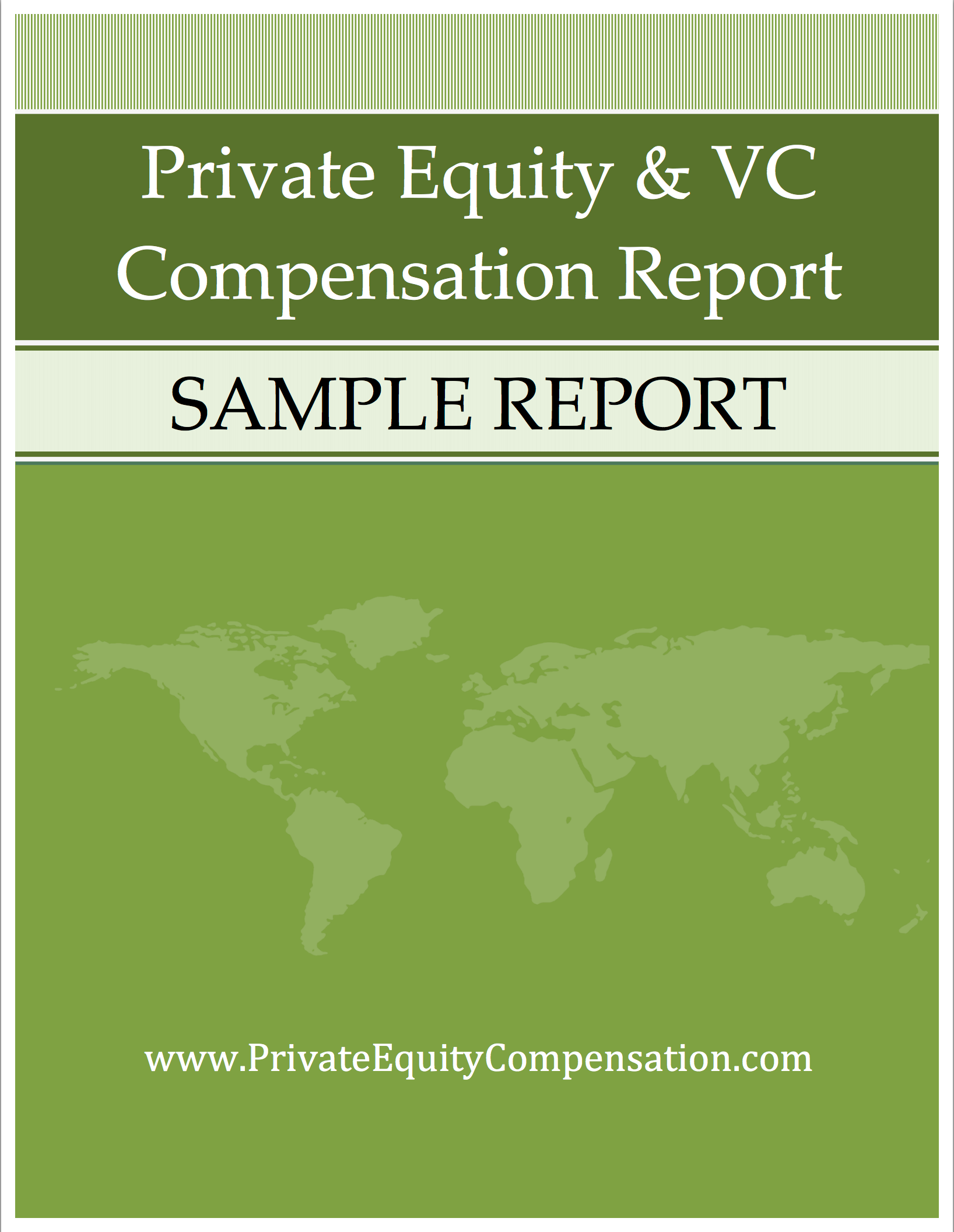Bonus payouts have always been a substantial component of total compensation in both the private equity and venture capital industries. Bonuses tend to increase as a percentage of total compensation as one’s seniority within a firm increases. High performers in top leadership roles can sometimes expect up to 70 percent of their compensation to come in the form of bonus pay.
In 2012, we found that project bonuses averaged about 36 percent of total compensation, reflecting lower percentages of compensation paid as a bonus in the lower ranks of a firm. Overall, both base pay and bonuses have been increasing, which indicates a healthy private equity and venture capital industry, with plenty of competition for highly talented or experienced individuals.
Firm Performance is Critical in Increasing Bonus Payments
Of course, bonus payments are generally tied to the performance of the firm. Over the past few years, we’ve seen increasingly strong results from a number of private equity funds, which is in turn creating the opportunity for higher bonuses in the sector.
Increasingly, investors are demanding that more compensation is tied to the private equity or venture capital fund’s actual results. This is in contrast to past practices where bonuses were more viewed as an expected component of compensation, rather than a reward for outstanding achievements. In light of the current investment environment where low yields are becoming the new normal, investors are being increasing demanding in terms of fee reductions, unless they are earning returns that can justify higher payouts. In an industry where the greatest expense is people, compensation will need to be tied more closely to performance in order for firms to remain competitive with their fee arrangements.
Composition of Bonus is Important for Job Candidates
When candidates are examining competing job offers, it’s important to take a look at how bonus payouts are calculated, rather than just target levels. Is the bonus linked to reviews of personal performance? Or will you be compensated based on the investing success of the overall firm? If based more on the later, candidates should examine the past performance history of the firm in question, as well as their outlook for the coming year, in order to determine how much of their target bonus (or more) will they likely receive.
Increasing Bonuses Expected to Continue into the Future
Based on the expectation that the economy is likely entering a prolonged period of lower total returns, it seems as though the shift to bonuses as a greater percentage of compensation will continue. Within new fee arrangements, based more upon performance, firms simply cannot afford the risk of high salaries that are not linked directly to the way they are paid themselves by clients. Accordingly, as management fees become more tied to successful investment results, those employed at private equity and venture capital firms will see their pay become more based upon performance incentives.

